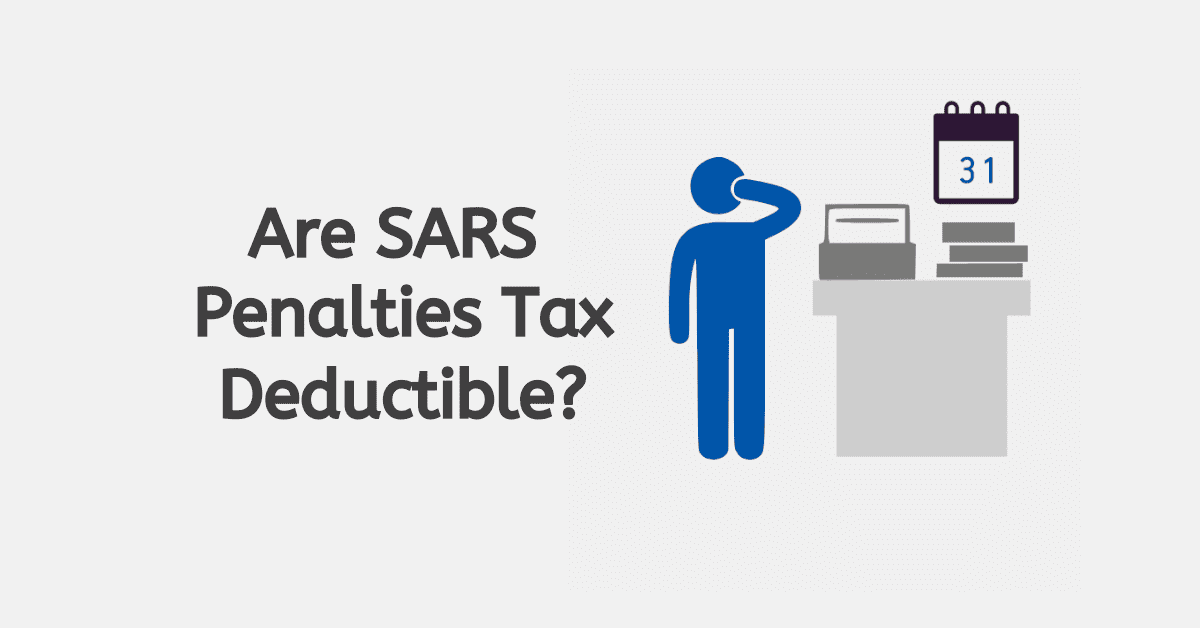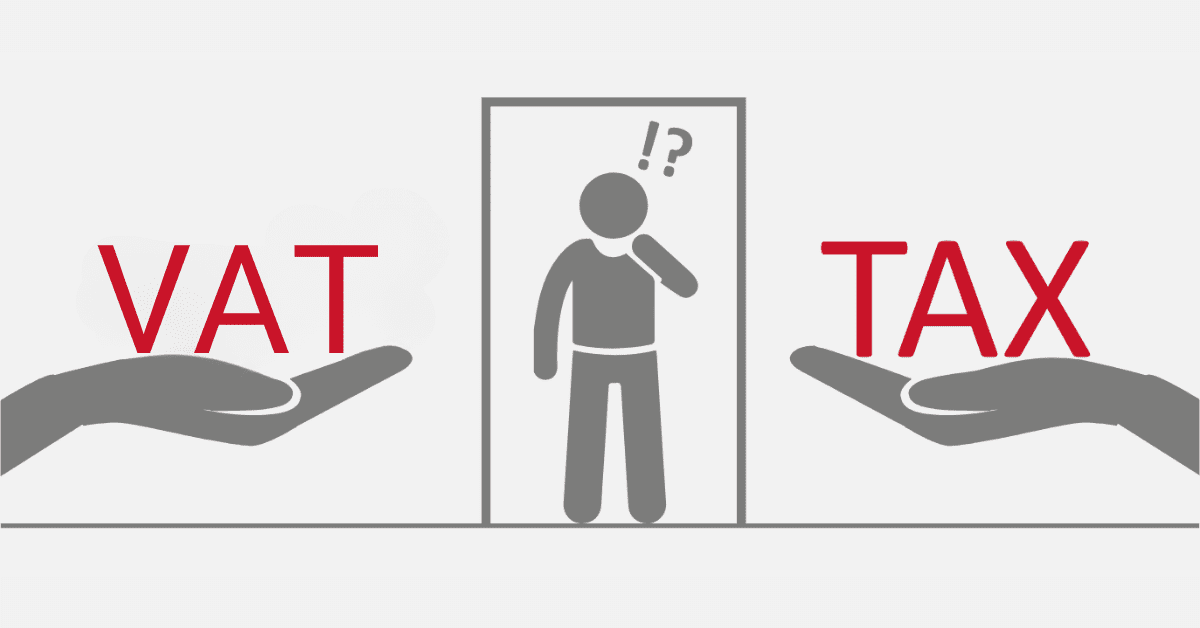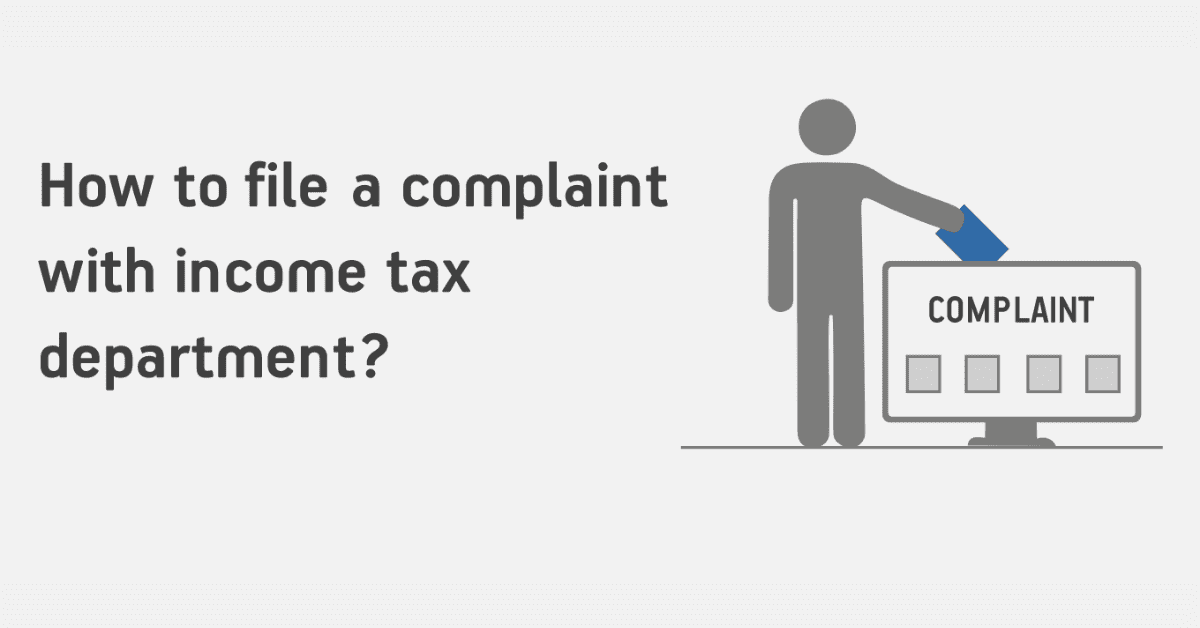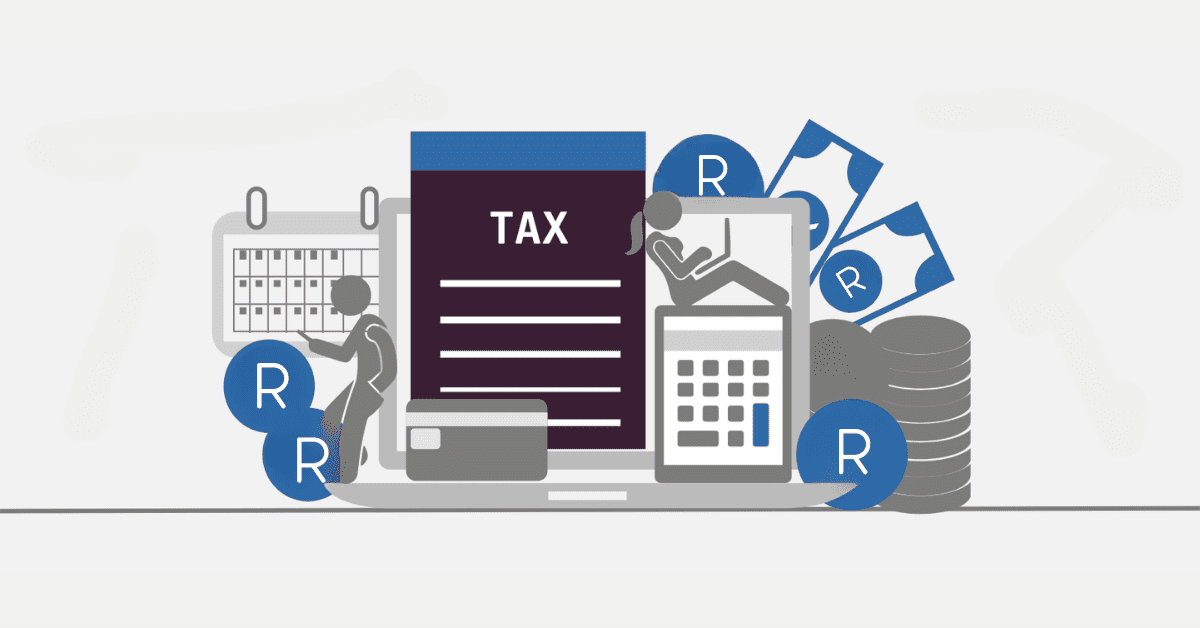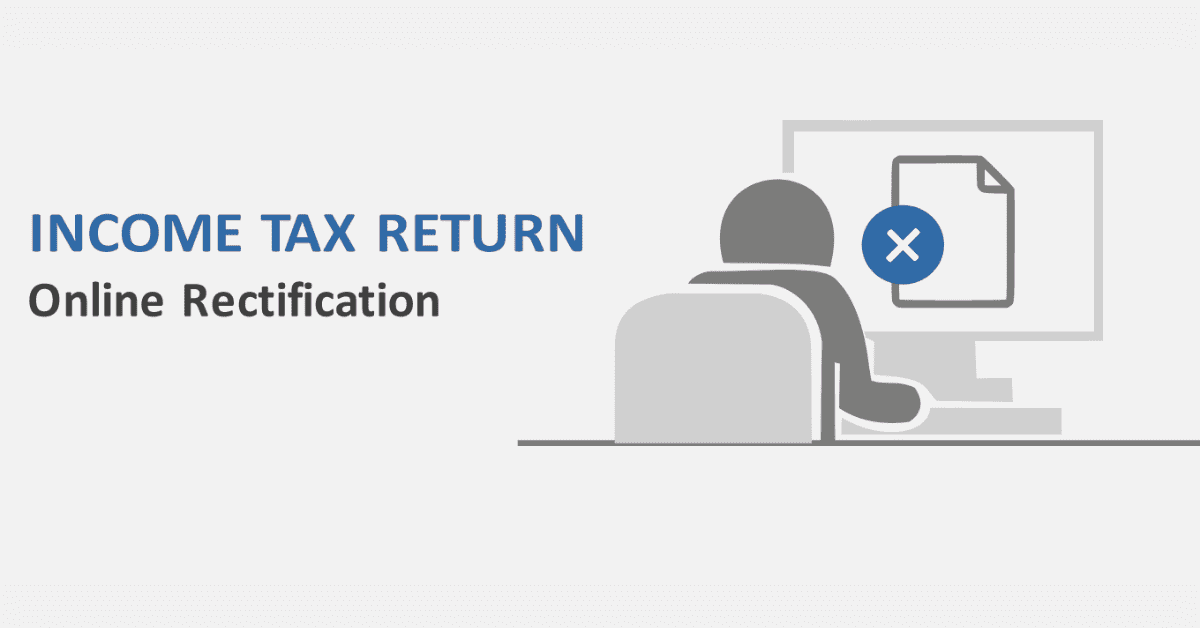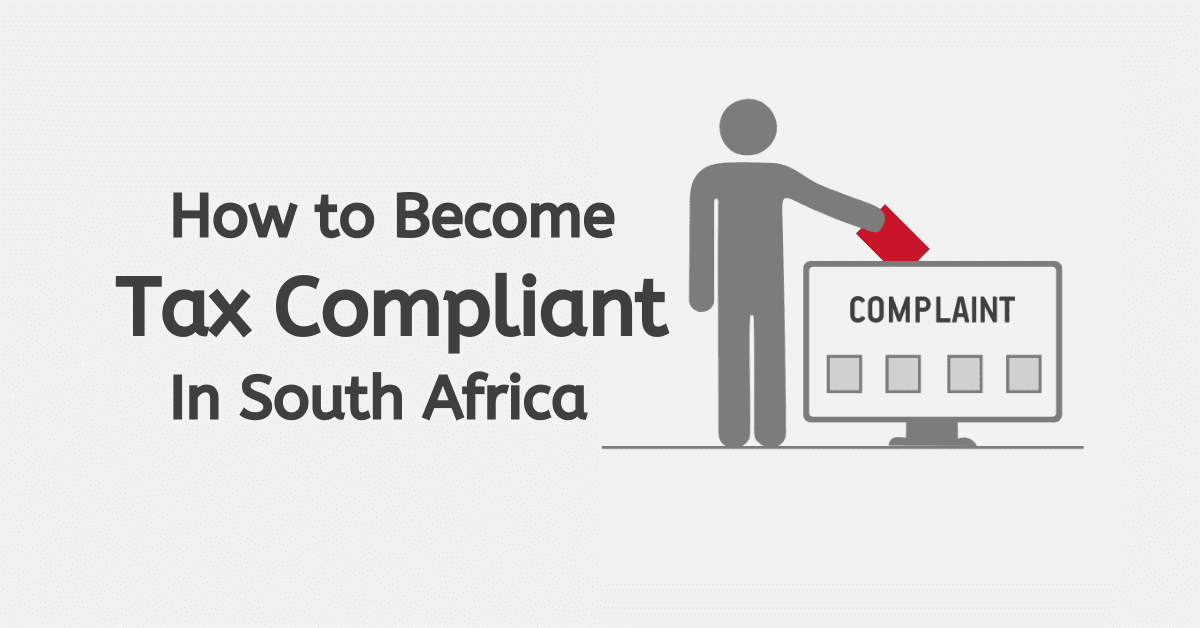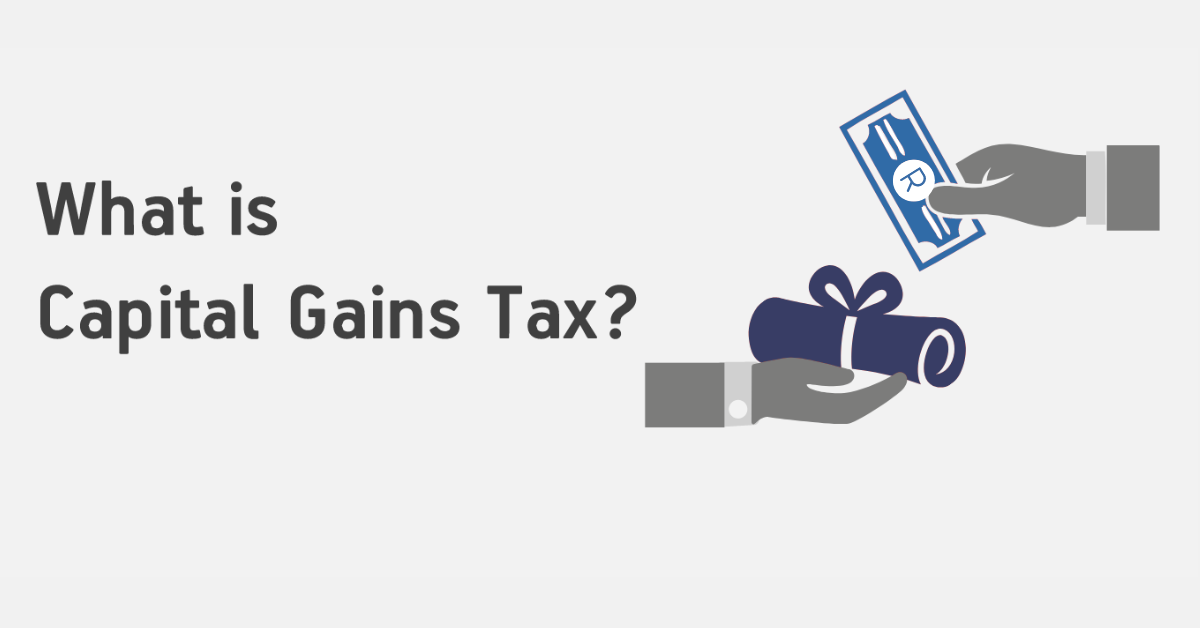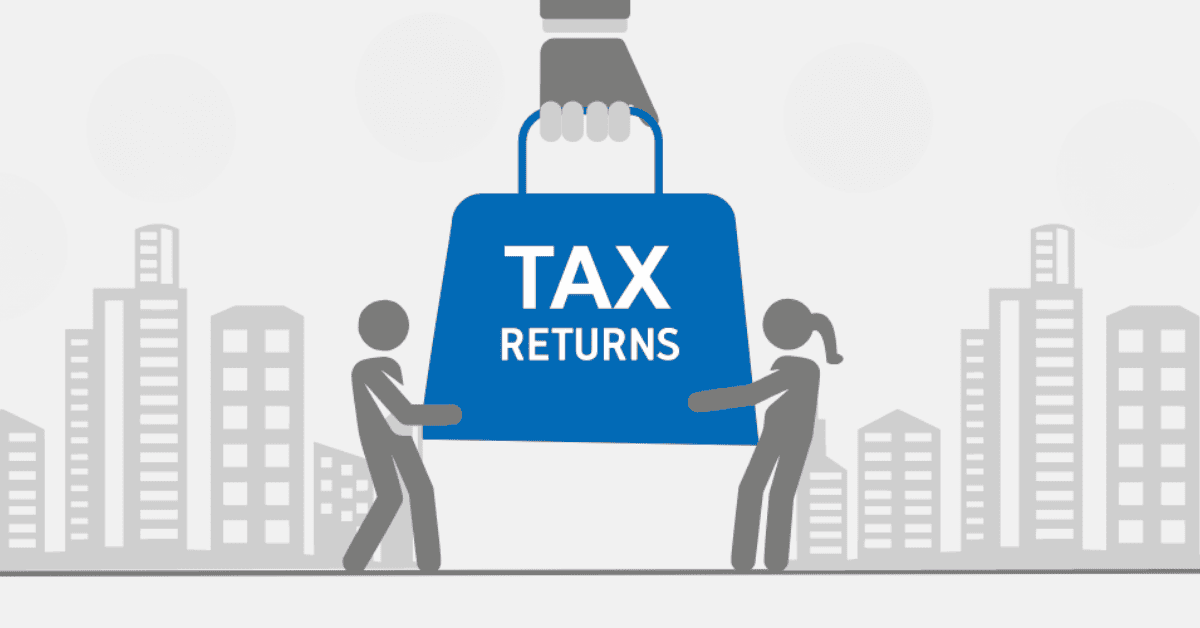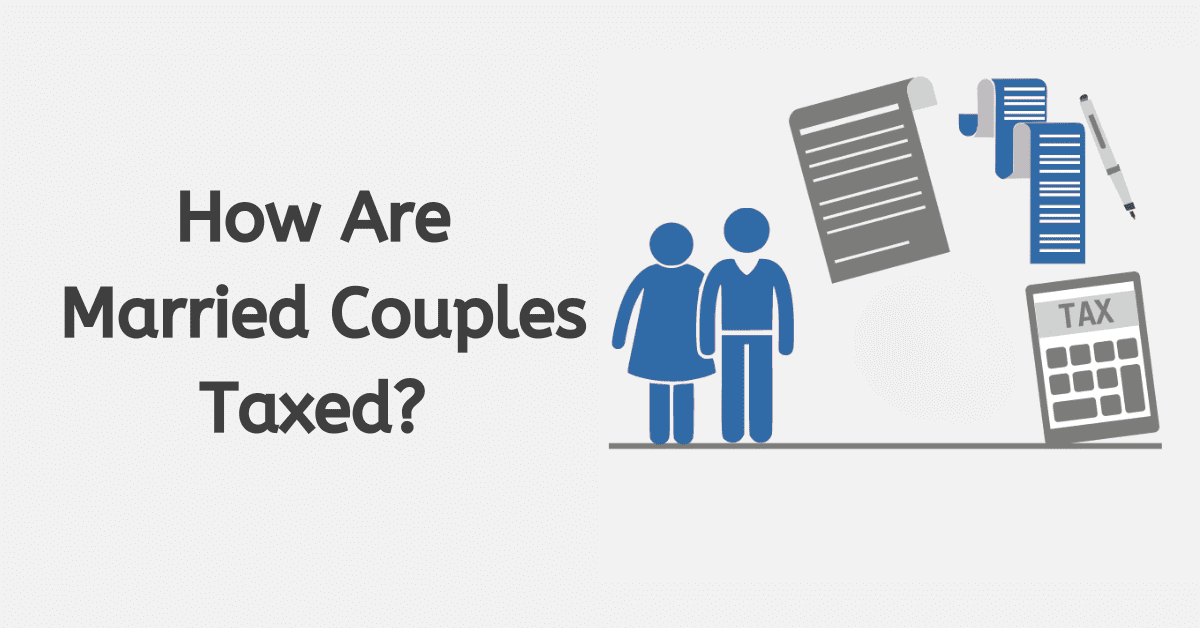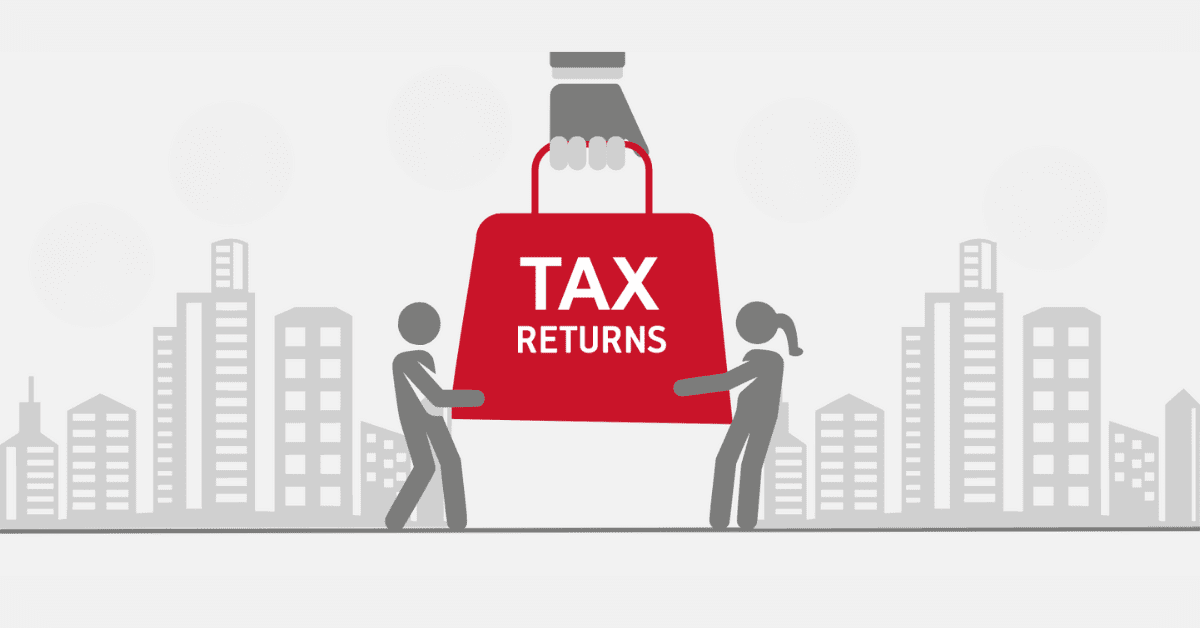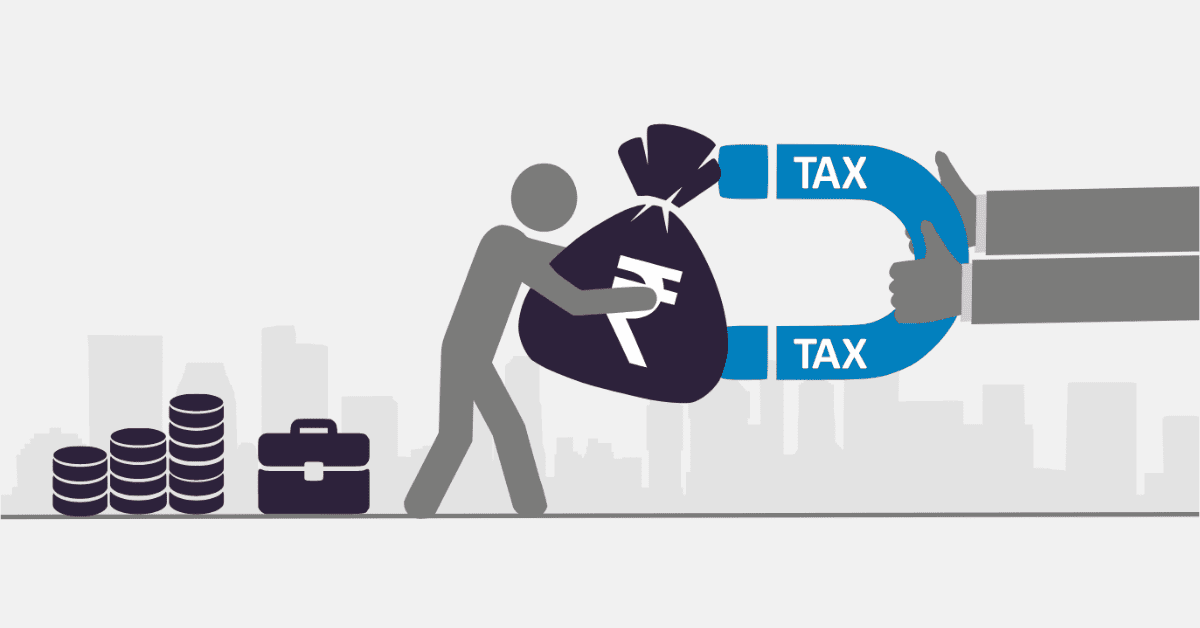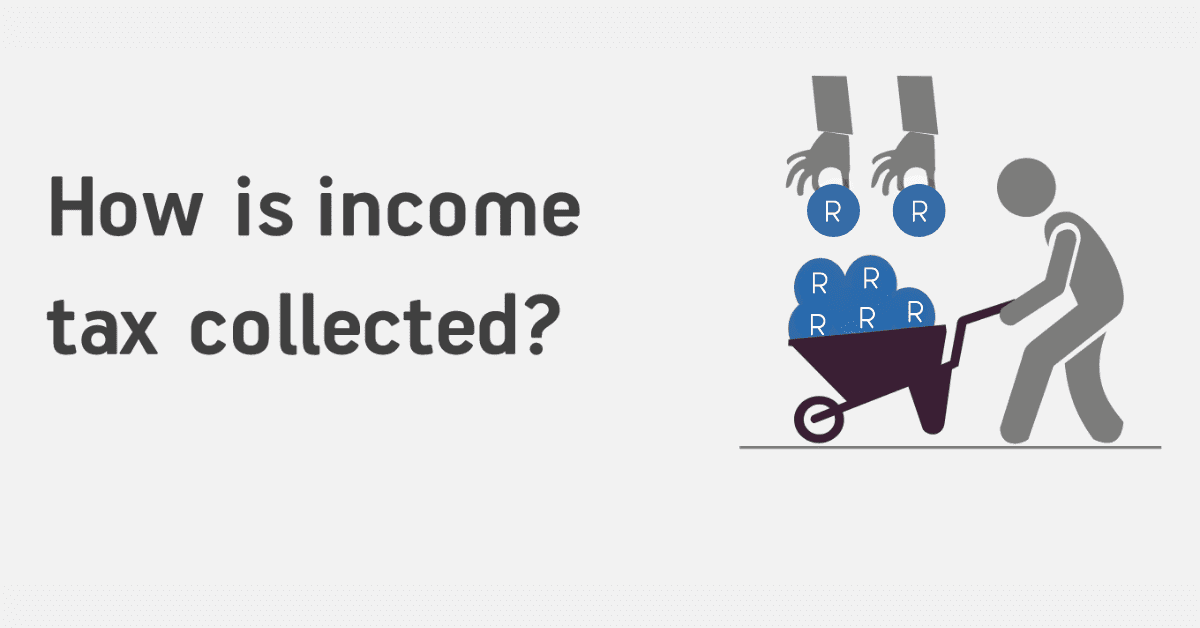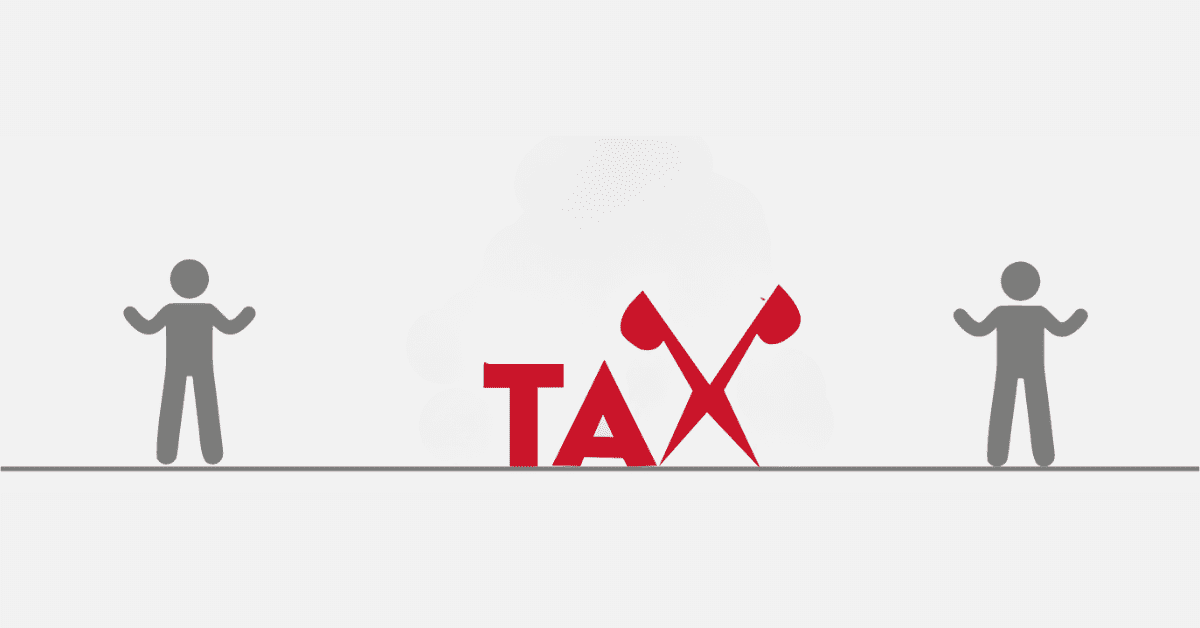When you think about tax, chances are your mind immediately goes to income tax issues like PAYE and your annual return. However, there are many taxes that we pay just going about our daily business. Like VAT, the registration fees and licensing we pay to use a car on the public road in South Africa are a common ‘hidden’ tax we pay. Today we will be looking deeper into the ‘driving taxes’ we pay in South Africa, and everything you should know to stay compliant with them.
Do You Pay Car Tax in South Africa?
Yes, ‘car tax’ is an integral component of vehicle ownership in South Africa. ‘Car tax’, however, is just an informal way to refer to all the points of taxation and licensing that come with owning and operating a vehicle on the public road. So it includes things like the vehicle’s value as an asset for business or income tax purposes as well as the annual road tax, fuel levies, and other charges.
How Much is the Road Tax in South Africa?
What we commonly call the ‘road tax’ is correctly referred to as your annual licensing fee for your vehicle. As the name implies, this is paid once a year. In return, you get the tax disc to display on your windscreen which shows that the vehicle is licensed for operation on public roads for the year. There is no fixed year for this- it will simply be 12 months after the last date you paid your road tax.
The cost of the road tax varies depending on the class and weight of the vehicle. It is also different between provinces. In 2025, cars and bakkies under 1-ton in weight will pay R462 in Gauteng, R535 in KwaZulu Natal, and R444 in Cape Town. Motorbikes, trucks, and other road users will pay different fees.
How Much Tax Do You Really Pay to Own and Drive a Car?
The overall tax burden associated with owning and driving a car in South Africa extends beyond road tax. Additional taxes include the controversial fuel levy, which contributes to the maintenance of roads and infrastructure, as well as Value-Added Tax (VAT) on certain vehicle-related expenses. Moreover, the purchase price of the vehicle is subject to the ad valorem tax, which is calculated based on the vehicle’s value. Some cars attract a carbon tax based on their emissions, and all imported vehicles have import taxes (of 25%) and even import taxes on their components to factor in.
And those are just the direct taxes and fees! Remember there are also other aspects to consider, including the fees and interest you are paying on a car payment, your income tax generated from your salary bracket (the reason you can buy the car in the first place), costs of repairs and maintenance, and a lot more.
What is the SARS Rate Per Kilometer in South Africa?
The South African Revenue Service allows some qualifying taxpayers to claim a deduction for business-related travel expenses through a simplified rate per kilometre. This rate, also known as the ‘wear and tear’ or ‘business mileage’ rate, aims to cover the costs associated with the business use of a personal vehicle. As of 2025, the SARS rate per kilometre is set at R3.98 for the first 12,000 kilometres and R2.20 for each subsequent kilometre.
Taxpayers who use their vehicles for business purposes can claim this deduction to offset the expenses incurred during their travels. You will need to keep very accurate records of your business-related mileage and expenses to claim this deduction. You should also realize that this is a heavily policed deduction and will be heavily scrutinized by SARS if you use it. This is because, like the entertainment expense option, it has been heavily used for fraud in the past.
You cannot, for example, claim the cost of getting to your place of work daily as a ‘business expense’. There are also clear stipulations on how your employer handles travel expenses, how these are categorized and paid to you (and under what tax code), and a lot more to understand if you are eligible for this specific deduction.
What is the EV Tax in South Africa?
South Africa does not (yet) impose an EV-specific tax on using these vehicles in the country. However, they do attract slightly higher import duties than standard combustion engines, which is part of the reason behind their steep price tag in the country. Additionally, they are a very new vehicle class, and the legislative landscape around them is still evolving. Prices are bound to come down as they become more popular, but there is always the possibility that an EV tax will be introduced in the future, too.
While driving in South Africa isn’t the first thing you think of when you hear the word ‘tax’, there are many overt and covert taxes associated with owning and operating a vehicle in South Africa.
